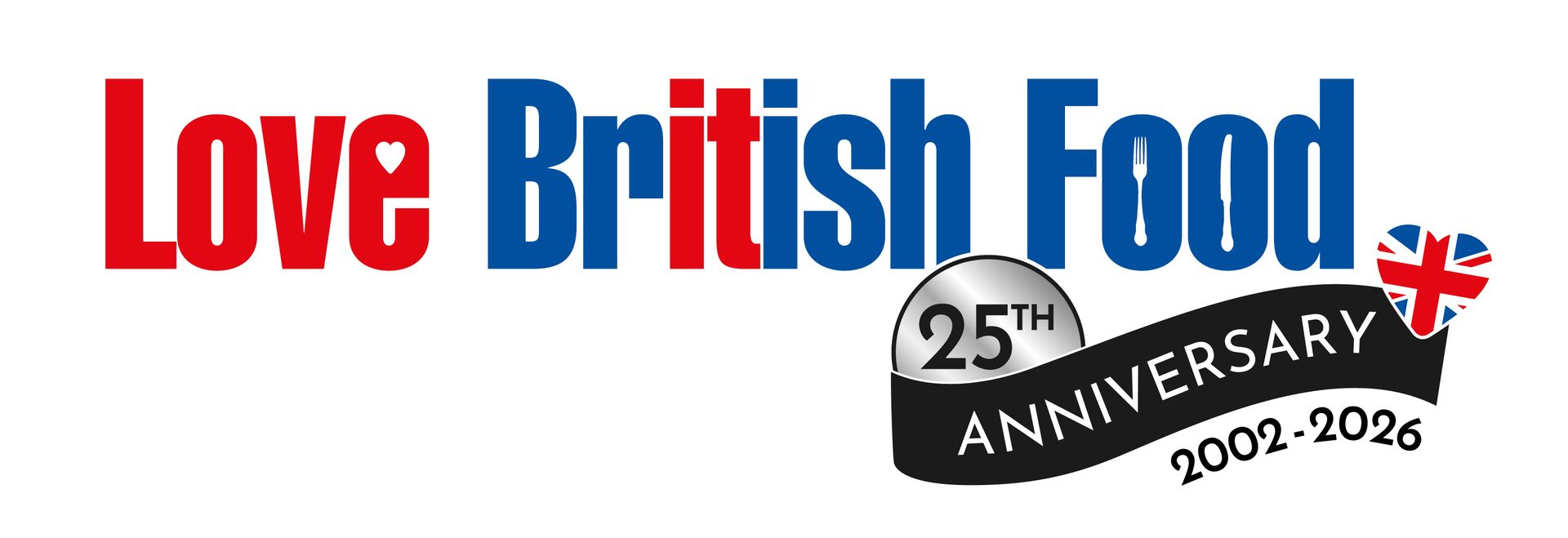Get ready for June 15th and Beer Day Britain, the UK’s annual day to celebrate the national alcoholic drink. I instigated Beer Day Britain in 2015 and chose June 15th to share the date with the anniversary of Magna Carta being sealed in 1215. The great charter mentions ale (beer) in Article 35.

‘Let there be throughout our kingdom a single measure for wine and a single measure for ale and a single measure for corn…..’
Ale was so important in England in 1215 that it was cited in one of the most significant legal documents in history. Today beer and pubs are still central to British life and seven out of 10 drinks sold in a pub are beer. Most beer brewed in Britain is made from barley grown and malted in the UK. Thanks to this country’s climate and soils, the barley is amongst the best in the world for brewing beer and distilling whisky. Additionally many brewers use British grown hops, which owe their delicacy and complexity to our maritime climate and soils.
More styles of beer first brewed in Britain are now brewed overseas than those of any other brewing nation. Here is a brief description of some of those styles.
Barley Wine: Amber to copper in colour. Malty, toasty, fruity, bittersweet, high alcohol, full bodied.
Barley Wines are big complex beers where the alcohol is immediately apparent. They are highly aromatic with a combination of intense fruitiness and hops.
Food match: Cheese - especially strong English, crème brûlée, lasagne, macaroni cheese, ploughman's lunch, sausage & mash, shepherd's pie, Sunday roast.
Bitter: Pale golden to dark amber in colour. Well hopped biscuity malt, often with caramel, citrus, or floral aroma, medium to high bitterness.
Cask conditioned (aka real ale) Bitter is the classic style that most personifies traditional British pubs.
Food match: Barbequed food, burgers, cheese dishes, classic pub grub - pies, sausage & mash, fish & chips, lasagne, macaroni cheese, Ploughman's lunch, sandwiches, shepherd's pie, Sunday roast.
Blonde Ale: Pale straw to golden in colour. Crisp, bready, lightly fruity, medium bitterness. These are usually light bodied, easy drinking beers with a biscuity malt undertone.
Food match: Fish & chips, grilled chicken, grilled white fish, haloumi, hummus, pizza, Ploughman's lunch.
Brown Ale: Copper to mahogany in colour. Toffee, coffee, nutty flavour, sweetish, low bitterness.
Food match: Barbeque, burgers, full English breakfast, hummus, kebabs, nuts, Ploughman's Lunch, roasted chicken, satay chicken or vegetables, sausage & mash, shepherd's pie (also works with vegetarian version), stew, tomato pasta dishes.
Golden Ale: Rich golden in colour. Zesty, biscuit, fruity, floral, dry, medium to high bitterness.
Food match: Avocado, chicken, creamy cheese, falafel, fish & chips, Indian (spicy), satay, grilled or smoked salmon, sushi.
India Pale Ale (IPA): Golden to amber in colour. Aromatic grapefruit, herbal, highly hopped, bitter, dry, refreshing.
This style of beer was rebranded as India Ale about forty years after it had first been exported in the mid-18th century from London’s East India dock to the sub-continent. It is now the most widely brewed style of ale in the world and has inspired several iterations including low alcohol Session IPA, Black IPA, New England IPA Double IPA (DIPA) aka Imperial IPA
Food match: Avocado, burgers, chili con carne, creamy cheese, falafel, fish & chips, satay, grilled or smoked salmon, Thai, Vietnamese.
Porter: Mahogany in colour. Rich chocolate, coffee, caramel, nutty, savoury, roasted, dry, medium bitterness.
Named after the street and river porters of London who enthusiastically drank this dark beer, the style originated in the early 18th century.
Food Match: Apple crumble, anything chocolatey, barbecue, crème brûlée, Shepherd's Pie, steak, Stilton cheese.
Stout: Mahogany to black in colour. Rich, roasted, charred, treacle, coffee, licorice, bitter.
Originally the name 'stout' referred to any strong English beer regardless of colour so it is possible to have stout pale ales. When Porter beers grew in popularity in the 19th century, stout became a moniker most associated with dark beers. Today there are several styles of Stout but what they have in common is the colour - pitch black and a roasted flavour.
Food Match: Apple crumble, banana dishes, chocolate desserts, crème brûlée, ice cream, Mexican, shepherd's pie, strongly flavoured cheese such as Stilton, tiramisu.
Beer tastes much better when consumed with friends, and even better with friends in a pub. On Beer Day Britain I will be participating in the National Cheers To Beer at 7pm (19.00h) as millions of people across the country raise a glass and say ‘Cheers to Beer’ then post a message on social media with the hashtag #CheersToBeer. I hope you’ll be able to join in too and salute the UK’s many brilliant brewers, barley farmers and hop growers!
Share:
You may also be interested in...














